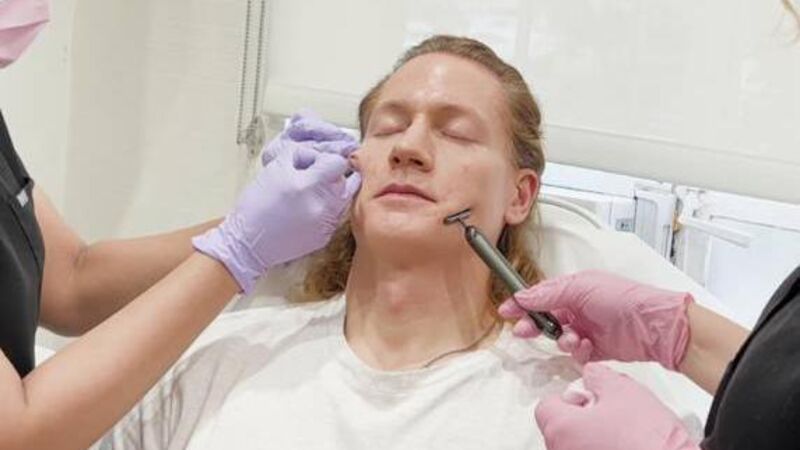Terry Prone: Beauty is skin deep, but negative attitudes to ageing run far deeper

'Ultra wealthy software entrepreneur' Bryan Johnson, 45, undertakes a variety of treatments provided by a range of medical specialists to beome more like an 18-year-old. Credit: Blueprint
It is somewhat unlikely that Novak Djokovic lives by Advice 38 from the Quaker Faith & Practice book, which says: “Do not let the desire to be sociable, or the fear of seeming peculiar, determine your decisions.”
Novak, nevertheless, is low on the fear of seeming peculiar, which in one sense is good, but does lead to this crisp description of him by a tennis-loving friend: “He’s an arrogant, deeply unpleasant git with a huge tennis talent.”












